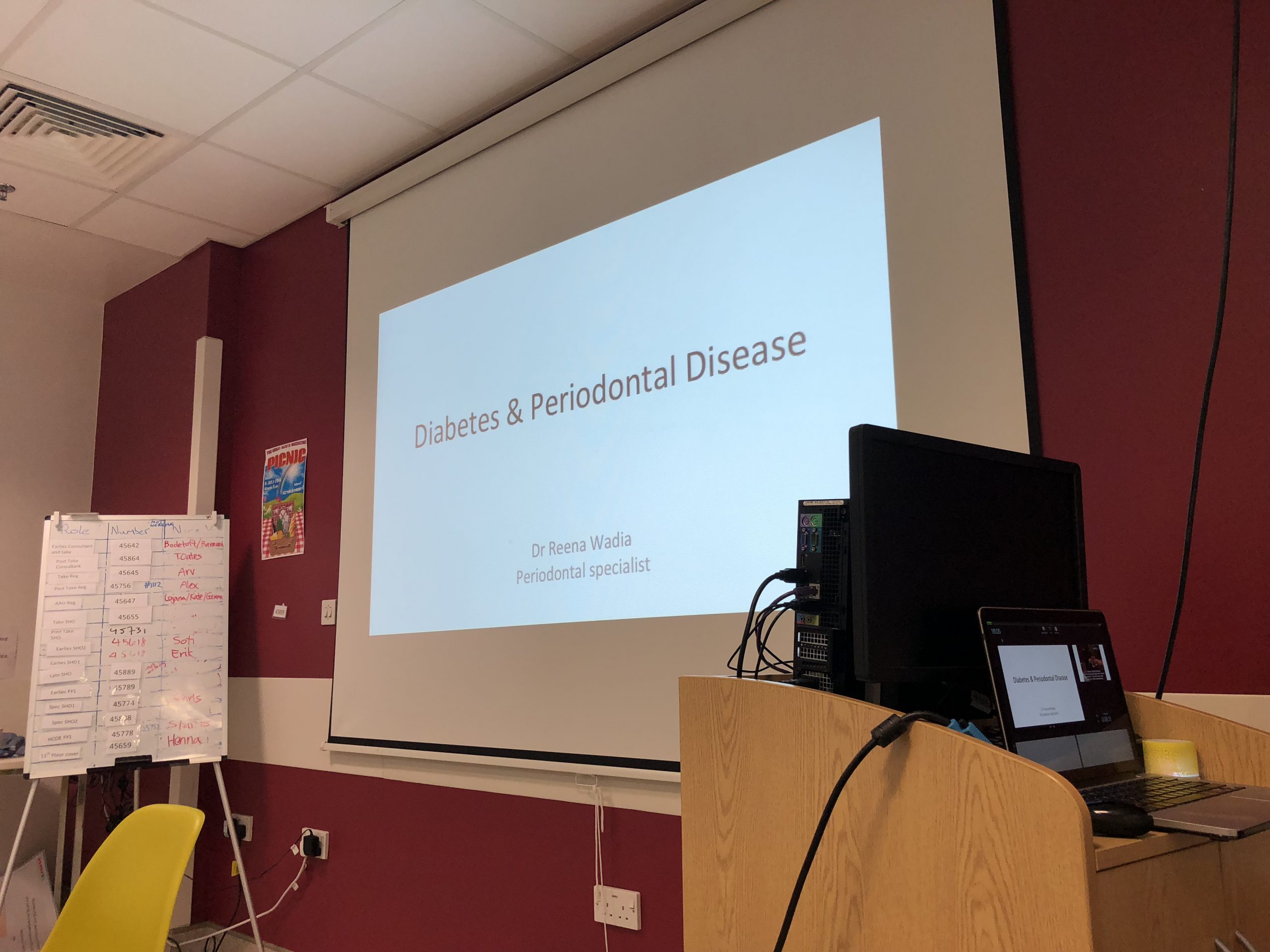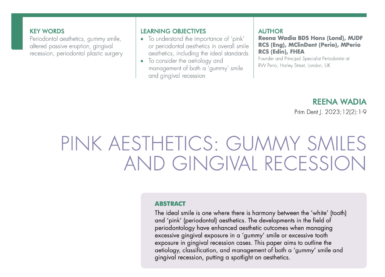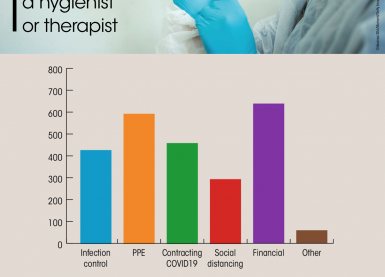June 21, 2021

Thank you to the diabetes specialists at The Royal London for inviting me to talk to them about the links between diabetes and periodontal disease.
Here are the summary guidelines for physicians/medical health professionals:
- Oral health education should be provided to all patients with diabetes as part of their overall educational programme.
- Patients with diabetes should be told that periodontal disease risk is increased and if untreated can have a negative impact on their metabolic control and increase risk of complications of their diabetes.
- Patients should be advised that successful periodontal therapy may have a positive impact upon their metabolic control and diabetes complications.
-
For people with diabetes, physicians should ask about a prior diagnosis of periodontal disease – if positive, the physician should seek to ascertain that periodontal care and maintenance are being provided.
-
Investigating the presence of periodontal disease should be an integral part of a diabetes care visit. People with diabetes should be asked about any signs and symptoms – bleeding gums, loose teeth, spacing or spreading of teeth, bad breath, abscesses or pus.
-
If a positive history is elicited then a prompt periodontal evaluation should be recommended before their annual check up. In the case of a negative history, people with diabetes should be advised to check for the above symptoms and if a positive sign appears, they should visit their dentist.
-
For newly diagnosed diabetes, referral for a periodontal examination should occur as part of their ongoing management. Even if no periodontal disease is diagnosed initially, annual reviews are recommended.
-
Diabetics who have extensive tooth loss should be encouraged to pursue dental rehabilitation to restore adequate mastication for proper nutrition.
-
Diabetics should be advised that other oral conditions such as dry mouth and fungal infections may occur and if so they should seek advise from their dentist.
-
The physician should liaise with the dentist over diabetes management prior to oral intervention and/or surgery to avoid hypoglycaemia and to consider its potential impact on the patient’s ability to eat.
Learn more by reading other articles we’ve written…



